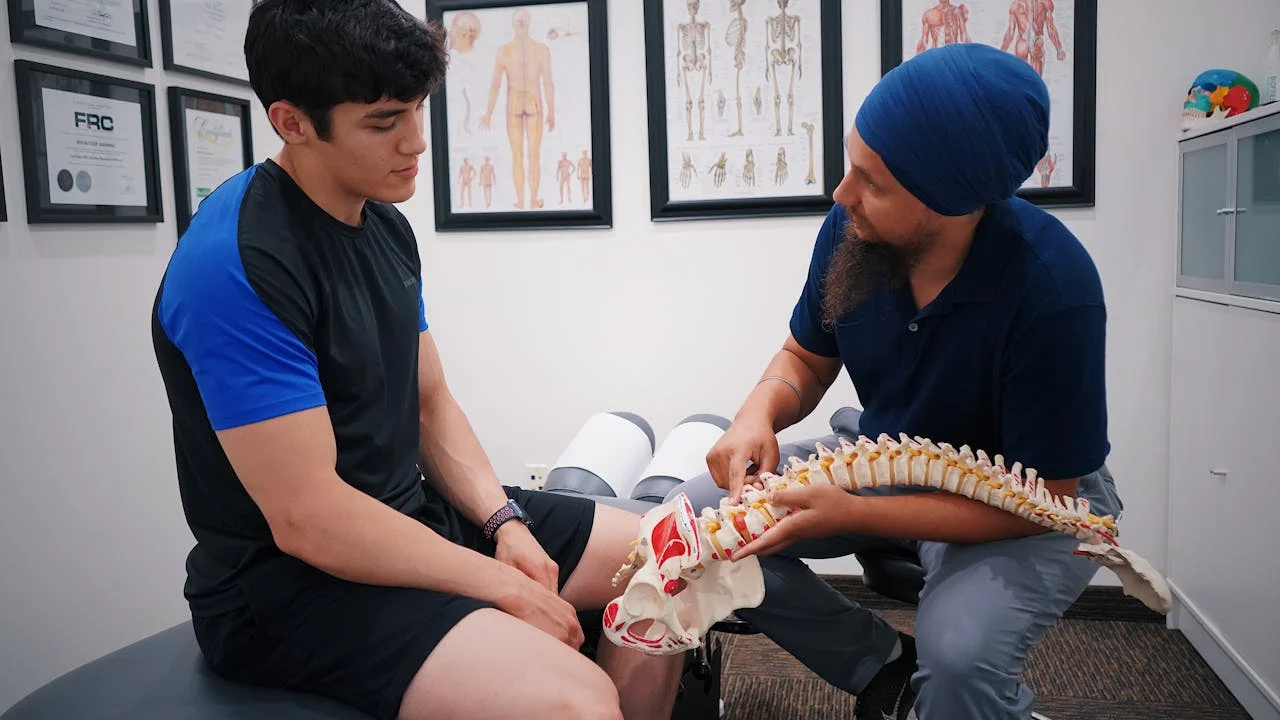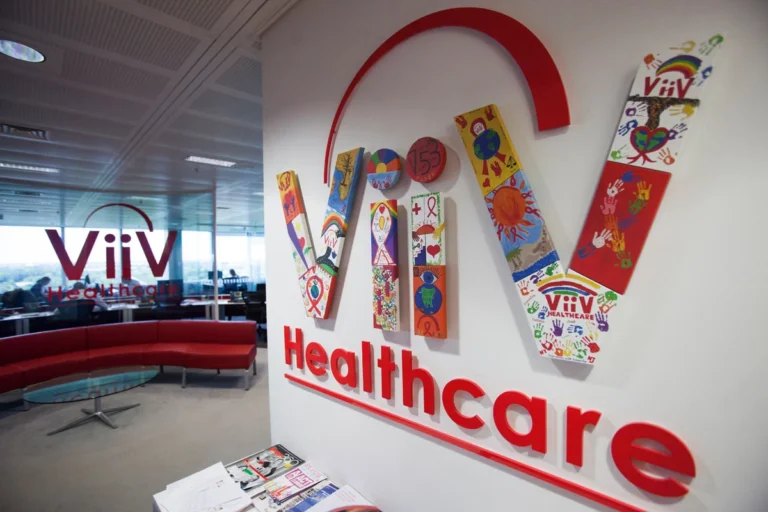
Approximately 650 physicians, a multidisciplinary team of therapists, nurses, psychologists, and social workers are expected to attend the 37th Annual Conference of the German-speaking Medical Society for Paraplegiology (DMGP e.V.) in Weimar from June 5th to 8th. Under the leadership of Chief Physician of the Spinal Cord Injury Center at Zentralklinik Bad Berka, Dr. Ines Kurze, spinal cord experts will discuss innovative conservative and surgical treatment options, as well as current research approaches for optimal rehabilitation of individuals with spinal cord injuries. This event is the largest of its kind in the German-speaking region. The theme of this year’s congress is “Spinal Cord Injury: Expectations-Reality-Opportunity.”
“I am very proud that this year’s annual conference is taking place in Thuringia. Our daily work with individuals with spinal cord injuries follows clear objectives, such as achieving maximum independence, social participation, and a fulfilling life with a stable, complication-free paralysis situation. However, today we must also address limiting social and palliative situations alongside traditional rehabilitation. Furthermore, our actions are increasingly influenced by the shortage of various resources, such as personnel, nursing services, and capacities in rehabilitation and care facilities,” says Dr. Ines Kurze. Zentralklinik possesses a Level 1a center for the operative and conservative treatment of spinal cord injuries, including polytrauma care (DMGP), making it a leading institution in the regional provision of care for individuals with spinal cord injuries. Dr. Ines Kurze’s team works with high specialization, interdisciplinary collaboration, and interprofessionalism, enabling the necessary holistic treatment approach for spinal cord injuries. Many nurses have completed successful specialized training in “Paraplegiology Nursing.”
The DMGP e.V. is a multidisciplinary nonprofit society that facilitates collaboration among all professional groups involved in the treatment and rehabilitation of individuals with spinal cord injuries. The DMGP’s main objectives include disseminating knowledge about comprehensive spinal cord injury rehabilitation and dispelling prejudices. “Under increasingly challenging conditions, we strive to meet our standards of care for individuals with spinal cord injuries, both in the acute phase and during complications, as best as possible. We often face a discrepancy between expectations and reality. It is certainly not always easy to perceive this difference between expectation and reality as an opportunity,” explained Dr. Andreas Badke, Chairman of the DMGP.




